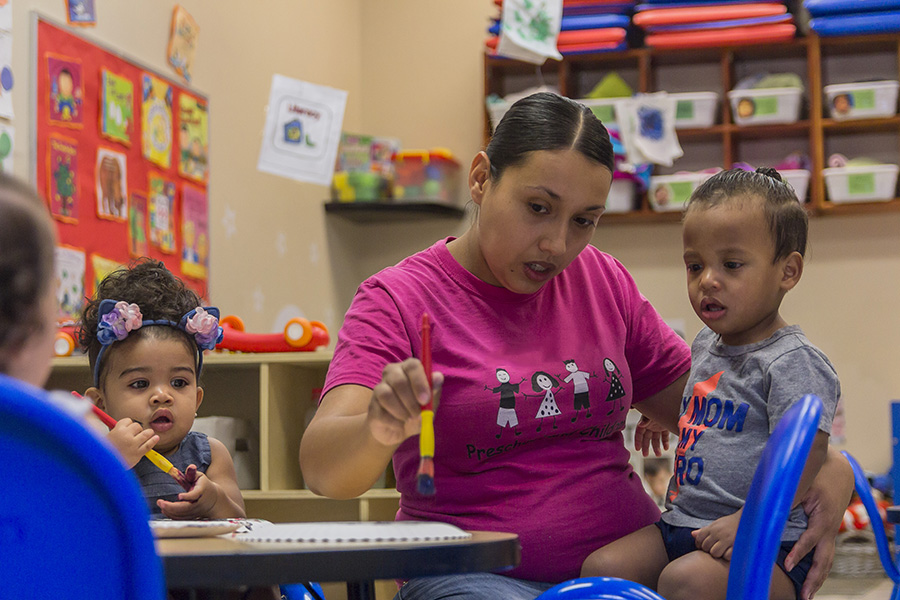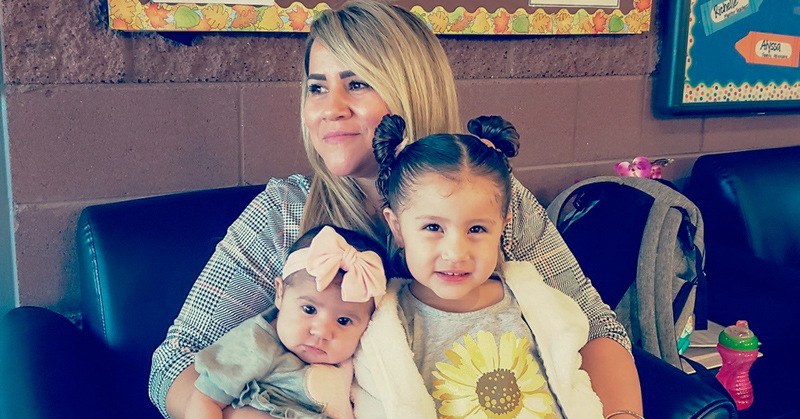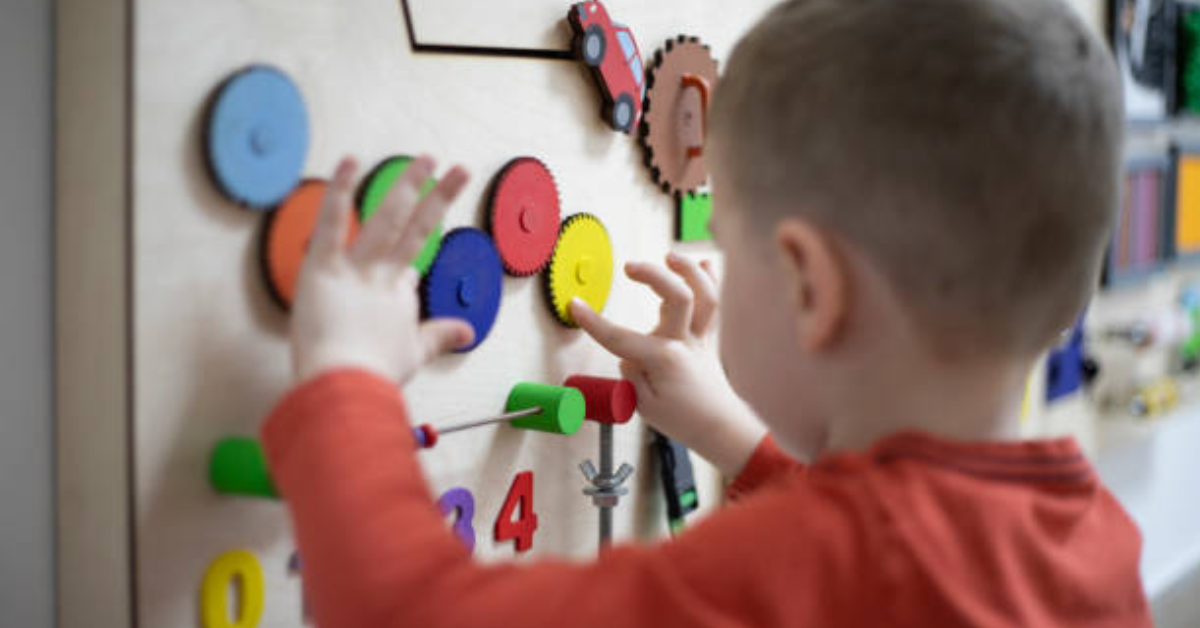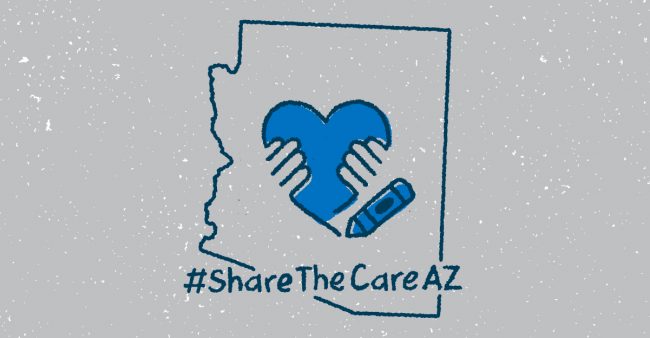
The town of Payson has been called “the heart of Arizona” because geographically it is in the center of Arizona. Located in Gila County, the town is surrounded by the Tonto National Forest.
But in early childhood terms, Payson and the rest of Gila County are known as a child care desert or an area with an insufficient supply of licensed child care.
First Things First Gila Region
The First Things First Gila Regional Partnership Council is trying to improve on that supply by providing funding to expand child care options in Payson.
“The FTF Gila Region has the national designation as a child care desert and it’s always been on the council’s radar that it needs to be addressed,” said FTF Gila Regional Director Carolyn Haro.
In recent years, across Arizona, FTF has supported expanded child care options in a variety of ways. These examples from three FTF regions range from helping early childhood partners exchange information about issues impacting child care, to bringing together individuals and organizations to collaborate on ideas, to providing funds to build or, as in Gila’s case, expand a child care center to serve more children.
A recent budget opportunity allowed the FTF Gila Regional Council to put some money toward FTF’s Start-up, Expansion and Learning Lab strategy, which supports new or existing early care and education programs to begin to serve or expand services to children birth to age 5.
“Historically, FTF has worked with government entities to expand child care, it’s never been done through a request for grant application process,” Haro said.
“We were able to break new ground because our regional council members wanted the opportunity for anyone to apply,” she said.
The Community Presbyterian Child Learning Center, which at the time was constructing a new building, applied for and received the grant to add an infant room to their already existing program. This infant child care was brand new to the area.
“It was something that was desperately needed in Payson and has been very successful,” Haro said. “The timing worked out well and the new infant room opened in June 2021.”
First Things First Pascua Yaqui Tribe Region
A second example is from the FTF Pascua Yaqui Tribe Region, where plans to build a new child care center to serve between 120-140 children birth to age 7 are underway.
Tribal leaders and staff invited FTF regional staff to continue this important work despite setbacks because of the COVID-19 pandemic. FTF has been a participant in virtual and most recently, in-person discussions with tribal leadership in planning the center.
“This is all part of the system building work we do with the tribal government,” said FTF Pascua Yaqui Tribe Regional Director Tiburcia Yocupicio-Chambers.
Once the center opens as planned in fall 2023, the FTF Pascua Yaqui Tribe Regional Council may choose a variety of ways to support the center, Yocupicio-Chambers said. Options include funding for the center to participate in the Quality First program, providing professional development through college scholarships to the center’s staff, funding a transition to kindergarten program or supporting language, literacy and culture programs in collaboration with other partners.
In a third example, sometimes FTF serves as a connector of ideas for expansion.
First Things First Tohono O’odham Region
In the FTF Tohono O’odham Nation Region, the idea of opening a preschool for the families in the Gu Vo District came from the families themselves.
“Gu Vo is one of the districts without a Head Start,” said FTF Tohono O’odham Nation Regional Director Lisette DeMars. “It’s on the west end of the Nation and the part that is the greatest distance for services and the least technologically connected. People need to drive to Ajo or Sells, which is at least an hour away, for services and gas.”
In recent years, the Native American Advancement Foundation opened an afterschool program for elementary school-aged children in Gu Vo. Many parents found themselves bringing their preschoolers with them to pick up the older children. DeMars described a gathering under a tree with the parents, where after school officials asked the parents, what do you need? What would you like to see for your young child?
“(The non-profit) realized there’s a group of young children in that community and parents were looking for resources,” DeMars said. “We know that online learning is not a viable option for early childhood. This was an opportunity to rethink how they were meeting the needs of young kids.”
The Native American Advancement Foundation which runs the afterschool program, expanded its services to include early childhood. A group of up to 10 preschool-aged students can now learn and thrive in the classroom where they have access to a community garden and animals on site.
The early childhood educators at the center are able to participate in the Tohono O’odham Community College’s Communities of Practice, a professional development program that focuses on various topics critical to early learning – including promoting emergent literacy and language in family child care homes and improving inclusion and advocacy in public preschools.
“It’s so beautiful what is happening in these communities,” DeMars said. “The community identified their needs and have identified the means to meet those needs.”









